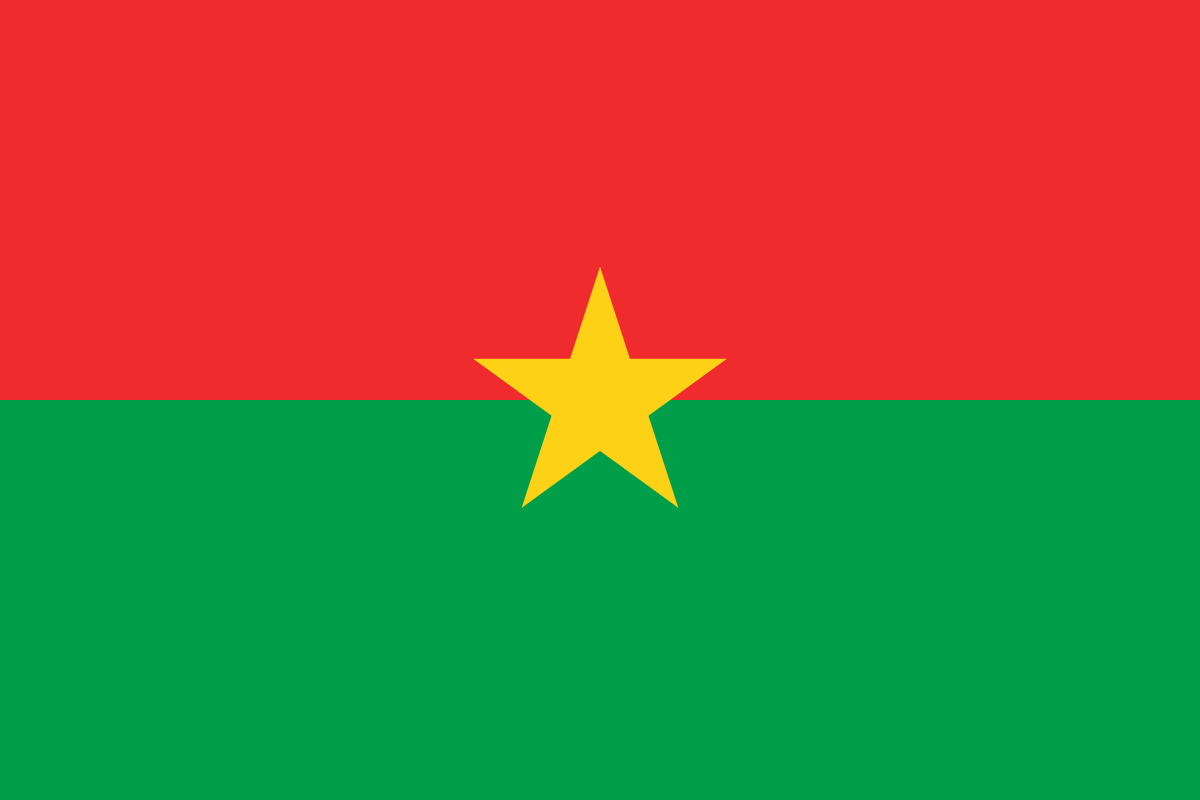The Hydromet Gap Report 2024 presents analysis based on Country Hydromet Diagnostics (CHD) conducted in 20 least developed countries and small island developing States. It sheds light on the weakest links in the hydrometeorological value chain, which require urgent attention from governments and development partners. A set of recommendations is also addressed to the National Meteorological and Hydrological Services (NMHS) with concrete advice on steps that would help them reach a higher level of maturity.
The development and regular publication of the Hydromet Gap Report is one of the four commitments outlined in the declaration of the Alliance for Hydromet Development, of which WMO is a founding member. The report monitors progress in closing the global capacity gap on weather, climate, hydrological and related environmental services.
The analysis of the report further highlights the critical needs and gaps which need to be addressed so as to achieve the goals of the United Nations’ Early Warnings for All initiative (EW4All).
The CHD was developed as a priority of the Alliance for Hydromet Development to provide a common assessment and benchmarking tool for National Meteorological Services (NMS). It has been operationalized and financially supported through the SOFF Readiness phase. It is closely interlinked with the WMO Monitoring System and has served as a methodological basis for the Early Warnings for All Pillar 2 Rapid Assessment.
CHD is a tool designed to provide a high-level strategic assessment of NMS, their operating environment, and their contribution to weather, climate, hydrological and environmental services. Using a standardized methodology, peers from advanced NMS from both developed and developing countries undertake diagnostics structured along 10 elements of the hydrometeorological value chain. For each element, a maturity score is established based on a set of common criteria and objective data, stemming from the WMO Monitoring System and country visits. The diagnostics are conducted with the full participation of the host NMHS, and the resulting report is co-signed by the peer entities. The results are used to inform policy and investment decisions by providing coherent, standardized and authoritative assessments across countries.

PEER REVIEWERS:
Agencia Estatal de Meteorología, Spain & Nigerian Meteorological Agency (NiMet)